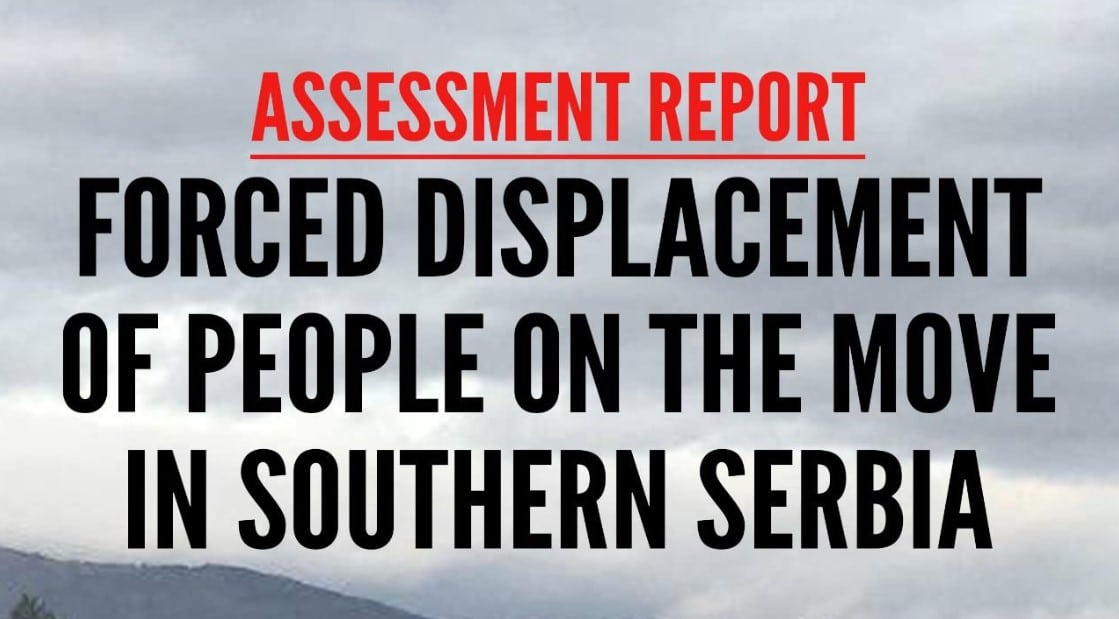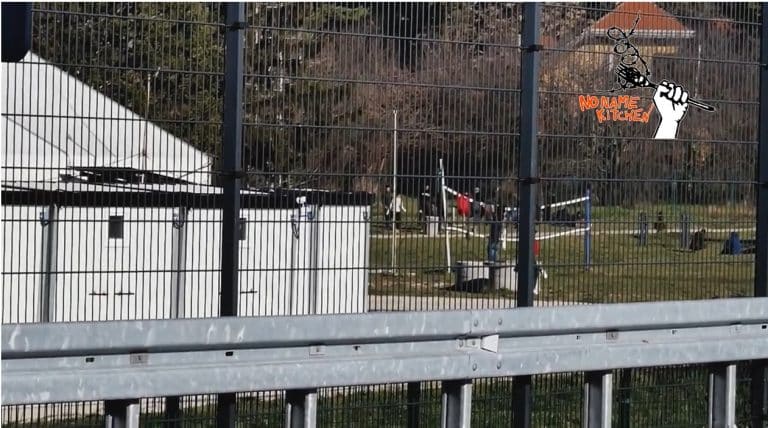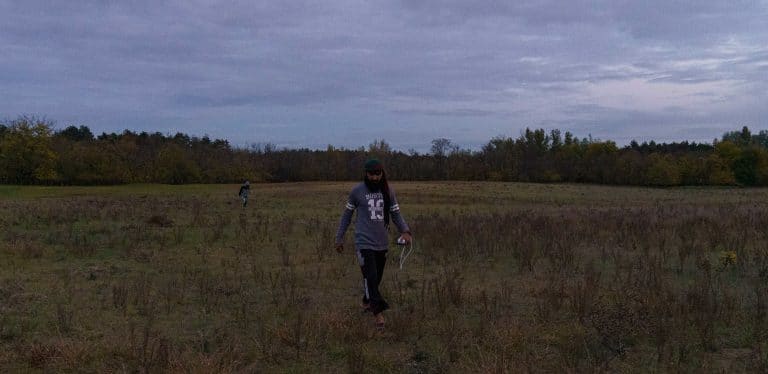Prepared by the No Name Kitchen team and activists who have conducted thorough analyses in Serbia over the past year
We are pleased to present this report examining the impact of the externalization of European Union borders on people migrating through Serbia from November 2023 to April 2024.
Here you find the whole assesment:
Serbia represents a crucial waypoint along the Balkan route. While migration paths mark the lives of thousands of people crossing borders in search of safety and dignity, Serbia has witnessed violence, cruelty, and illegalities in recent years. The events detailed in this report are no exception.
On October 31st, 2023, in the Subotica area near the Hungarian border, a Special Police operation was launched. Bratislav Gašić declared that they “will not move from here until every person responsible for any criminal act is removed,” referring to shootings on the night of October 27th involving people on the move (PoM), resulting in three fatalities. This event was used as a pretext by authorities to execute an operation seemingly prepared in advance. Hungarian authorities also participated, deploying policemen and Special Forces.
While authorities’ rhetoric has been used to justify illegal practices and human rights violations, public opinion has remained largely silent. On November 17th, the entire northern border area with Hungary and Romania was forcibly evacuated. 7,000 people were relocated to different official camps in southern areas without being informed of their destination. They were not allowed to take their personal belongings, which were confiscated by the police, and suffered physical violence, as reported by respondents. The brutality of the operation, the suffering inflicted on the people, and the mistreatment of people on the move, including minors, illustrate how displacement has been planned and used as a tool to implement a violent system to ‘manage’ migration.
In an effort to monitor operations, stand with the people, and denounce systematic violence, the No Name Kitchen (NNK) team has been following the displacement of people to the South, where people on the move have been detained and silenced by racist, Islamophobic, and security-based rhetoric.
This report serves as an in-depth overview of the current situation in Serbia over the past several months. It is crucial to understand that Serbia’s situation is intricately linked to the European Union’s (EU) border strategy. In recent years, the EU’s approach has shifted from strict control to externalization, evident in substantial agreements between Brussels or EU member states and countries like Turkey, Tunisia, or Morocco. This externalization of borders now extends to the Balkans, where aspiring EU members, such as Serbia and Bosnia-Herzegovina, must adhere to European Commission guidelines.
NNK has been present on the ground since 2017, witnessing significant violence against migrants and asylum seekers on a permanent basis. Nowadays, the impact of border externalization in Serbia is profound, resulting in forcibly keeping people away from northern border areas, leading to instances of humiliation, violence, and arbitrary detention at the hands of authorities. Since the Belgrade government’s eviction of camps in the north and subsequent relocation of people southward, substantial changes have reshaped the landscape.
NNK’s project in Subotica has ceased due to the absence of migrant populations, but new operations have emerged in the southern regions of Serbia.
Our aim is to shed light on how recent agreements between Serbia and the European Commission, as well as with EU member states like Hungary or Austria, affect the lives of thousands, even if sometimes, somebody, could think that some lives, some migrants, some humans, don´t matter.





